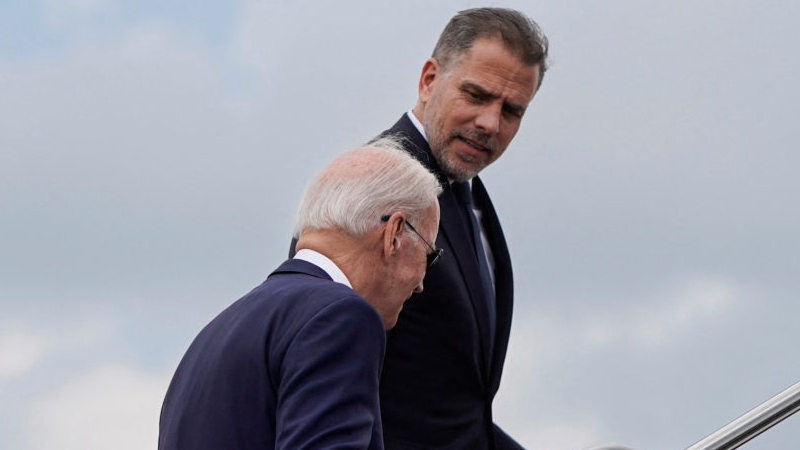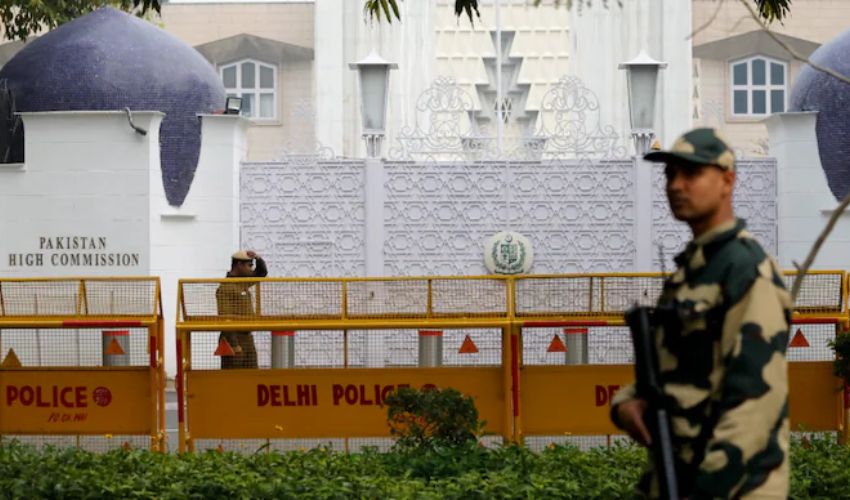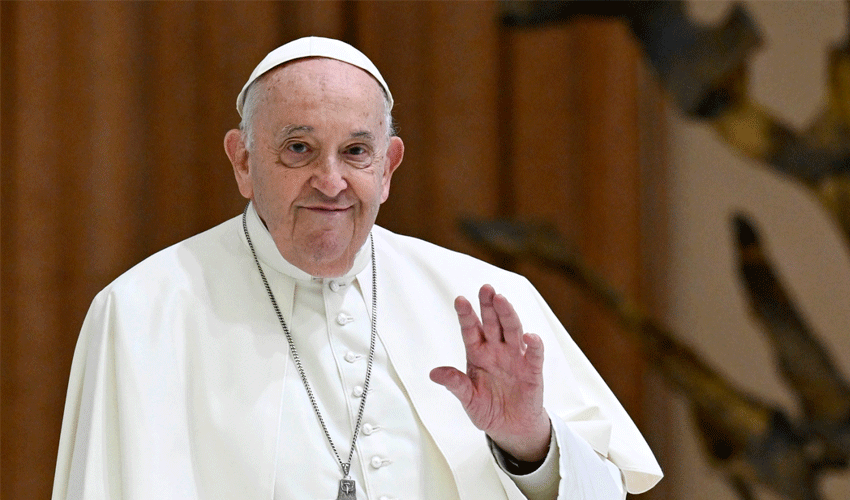In a significant development that has cast a shadow over US President Joe Biden's reelection campaign, his son, Hunter Biden, was indicted on Thursday for illegally purchasing a firearm while he was using drugs.
The charges include two counts of making false statements on the forms required for the gun purchase in 2018, where he claimed not to be using drugs illegally at the time.
A third charge alleges that, based on these false statements, he illegally possessed the gun during an 11-day period in October of that year.
If convicted on all three charges, Hunter Biden could theoretically face a maximum of 25 years in prison. However, it's important to note that these charges are seldom punished with jail time in practice.
The Justice Department pointed out that Hunter Biden "knew that statement was false" when he asserted that he was not an unlawful drug user at the time of purchasing the Colt Cobra revolver.
This indictment comes just two days after Republicans in Congress initiated an impeachment probe against President Joe Biden, alleging financial benefits during his tenure as vice president from his son's foreign business dealings.
The gun charges were filed by Justice Department Special Counsel David Weiss, who has been investigating Hunter Biden since 2018, primarily concerning allegations related to his overseas business dealings. It's worth mentioning that a plea deal between Hunter Biden and Weiss, which also encompassed alleged tax violations, fell apart two months ago due to disagreements about the possibility of additional charges against the president's son.
In the previous deal, Hunter Biden, 53, had agreed to plead guilty to two minor tax charges in federal court in Delaware. In return, he was offered probation, as he had already settled his tax obligations along with penalties. Moreover, Weiss had agreed to suspend the felony gun charge if Hunter Biden successfully completed "pretrial diversion," often involving counseling or rehabilitation.
However, the deal collapsed in late July over disputes about potential charges related to Hunter Biden's business dealings in Ukraine, China, and other countries. The judge raised concerns about the possibility of Hunter Biden facing charges for acting as a lobbyist for foreign governments without registering with the Justice Department.
Subsequently, three weeks after the deal fell apart, Weiss dropped the tax charges and indicated in a court filing that new charges would be brought in other states. This latest indictment adds to the legal challenges facing Hunter Biden and creates new political complexities for President Joe Biden's reelection campaign.



























